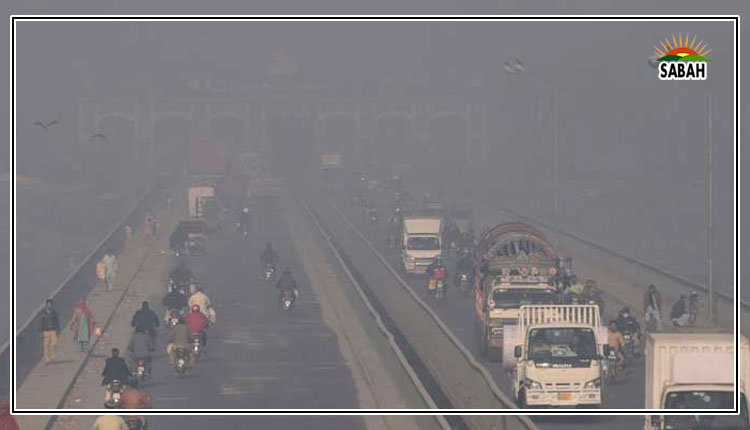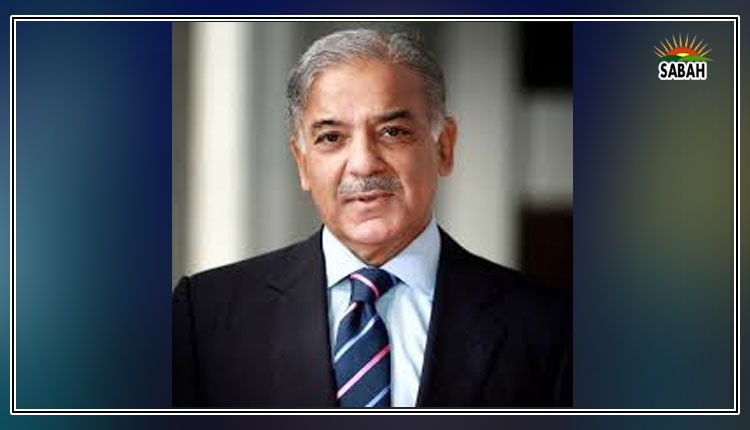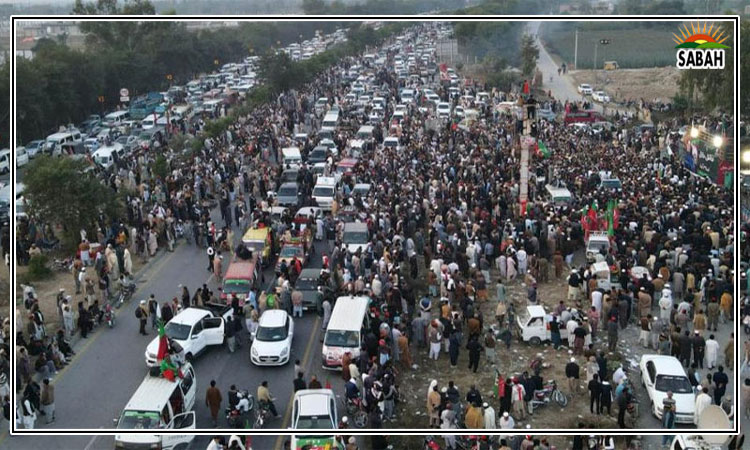My health, my choice? By Mishalle Kayani
I live in the part of the world where we have five seasons. To me, summer means the month of heat strokes. And as the monsoon settles in, the typhoid and acute diarrhea warnings begin. Early fall is just late summer served with a side of dengue fever. And winter is now considered a double whammy with every sick person asking if their symptoms are that of Covid-19 or flu, or both.
I am a potential patient in all of these seasons, and my potential illness is not necessarily my own doing but a product of the environmental factors which affect the ways in which I make choices regarding my health. This is just one piece of the puzzle.
My health choices are affected in more than one way. Where I live, what I eat and drink, how regularly I exercise and how easy and financially feasible it is for me to access healthcare are just some questions which come to mind when I think about my health.
The health choices of all Pakistanis are constantly changing based on surrounding circumstances. And in a country where non-communicable diseases – cardiovascular diseases, cancers, respiratory diseases, diabetes and mental disorders – have become the leading causes of morbidity and mortality, it is imperative to ensure that citizens make the right health choices. But what does it mean to make the right health choice? And more importantly, how does one make the right health choice?
Several Gallup Pakistan surveys have found that a majority of Pakistanis do not have a recreational park located close to where they live. Is it possible that we have failed to design cities in a way that encourages people to walk/exercise more? In a city like Lahore, which faces the brunt of smog, is walking outside even an option given the detrimental effects of air quality?
Health choices are shaped by many external influences and the system within which one lives is incredibly important in determining these choices. An average Pakistani, on an individual level, can incorporate more fruit and vegetables into and eliminate carbonated drinks from their diet. But without having access to clean drinking water, s/he would still be vulnerable to some kind of illness. Similarly, people suffering from anxiety and depression could resort to unhealthy coping mechanisms such as smoking if they do not have access or the means to access the right kind of support and help.
Pakistan requires institutional and policy-level changes to drive behavioural changes which can lead to positive health outcomes for the future. Whether it is constructing more recreational parks, providing equitable access to clean drinking water or increasing cigarette prices, a healthier Pakistan requires concerted and collaborative efforts on the public health front.
Across the world, there is a growing realization that preventive strategies are more effective than curative ones. To reduce the incidence of non-communicable diseases in Pakistan, the unanimous goal of keeping Pakistanis healthy is the mantra every health stakeholder should live by. This requires strengthening the collaboration and evidence-based information flow between public health research and practice through partnerships between medical professionals, policymakers and public health researchers. This will ensure that citizens are not forced to make such choices that are harmful to their health.












